The Accursed Genre: Defending ZimDancehall (Again)
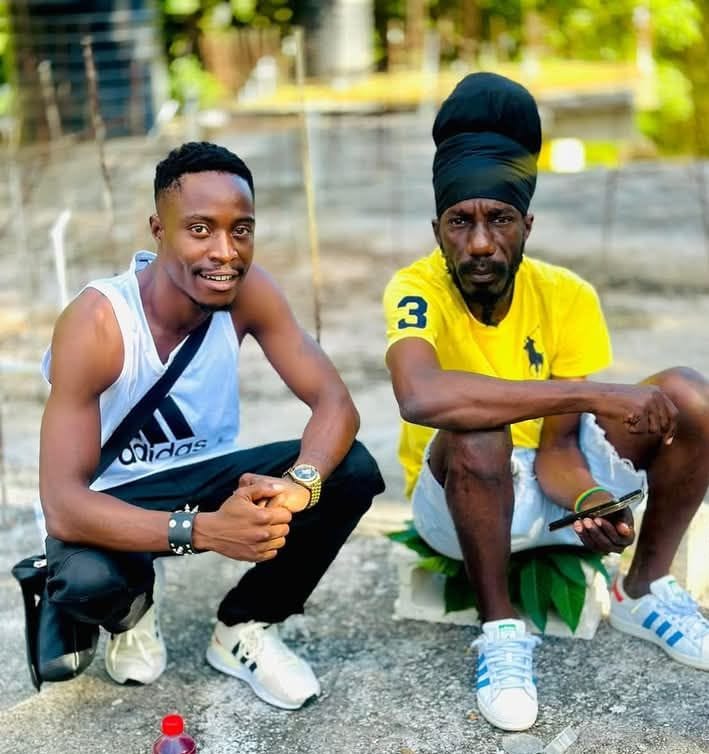
So, we are doing this again.
Five years ago, to the month, I wrote a piece for another platform, pushing back against the fatalistic voices proclaiming the death of ZimDancehall.
It was not my first time putting my rep on the line for mangoma. In 2018, I mused similarly against the naysayers in this piece I titled In Defense of ZimDancehall. It was most certainly not the last time. In addition to smattering of pieces here and there, I also spoke to the merits of the genre in a peer-reviewed chapter titled "ZimDancehall vs the State: An Interrogation of the Genre as Response to Socio-political Crises in Zimbabwe" published in 2023.
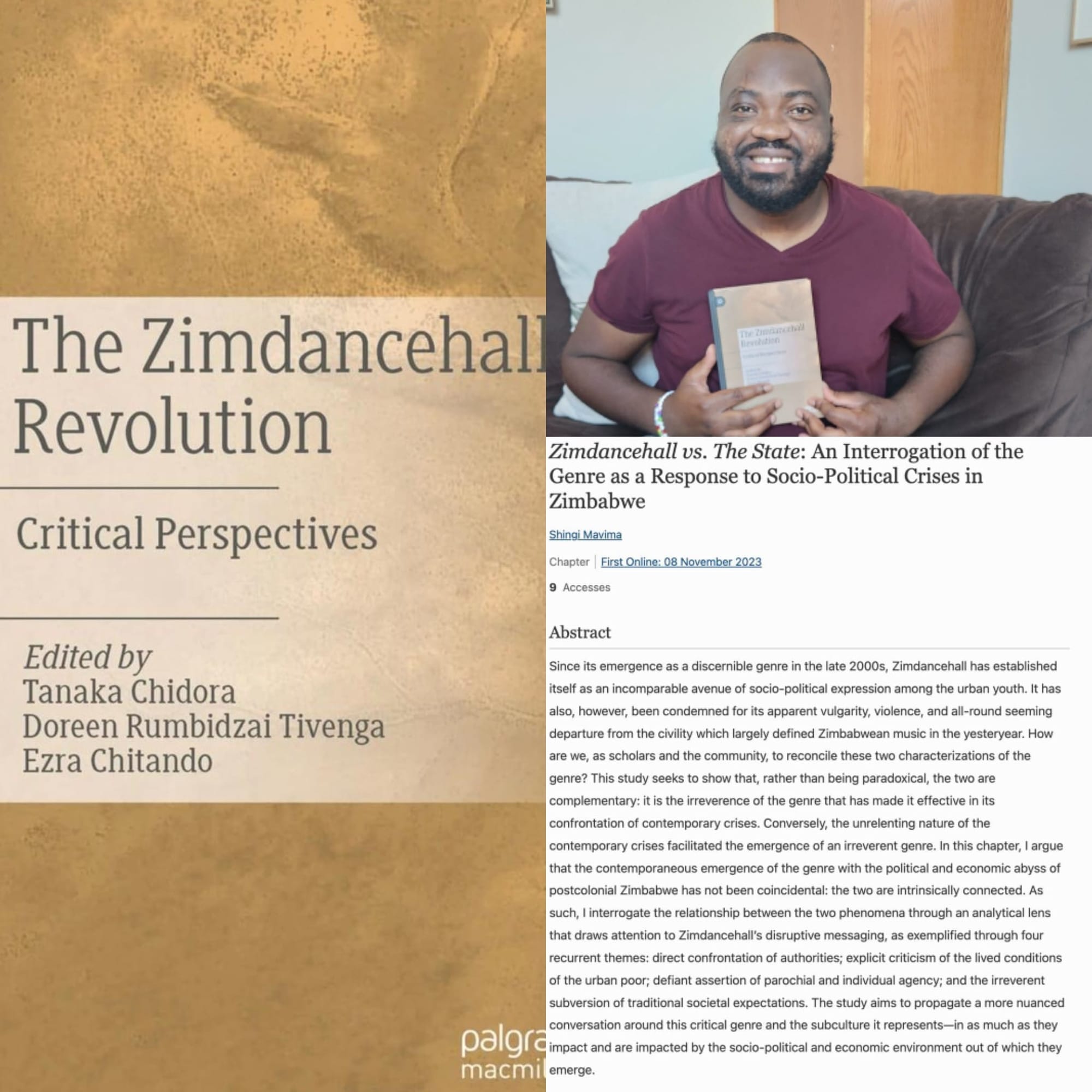
I begin my article thus not to position myself as some encyclopedic fundi, or titan guardian of the genre (I am far from either.) Rather, I have sought here to establish how far back criticism of ZimDancehall goes, and how long I have felt that much of these critiques have been a tad harsh or unjustified-whether they stemmed from a loathsome place or from one of love and building.
Sometime in March, veteran journalist and renowned social commentator Hopewell Chin'ono shared a video of a seemingly random Jamaican woman incredibly chanting along pon a sick riddim, and doing so incredibly (seriously, you gotta see this.) He captioned his post with the following thoughts on ZimDancehall.
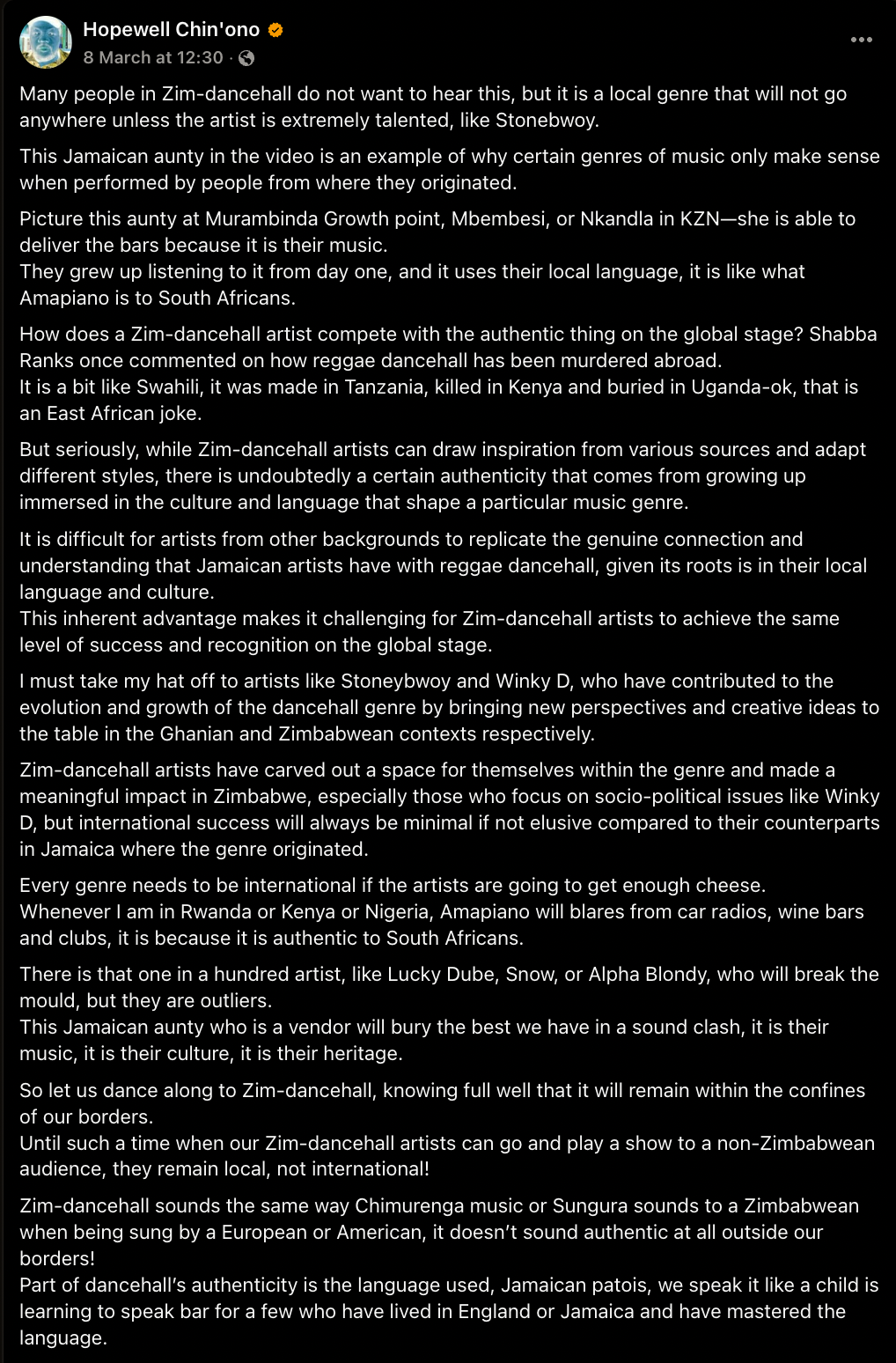
For the TLDNR crowd, in a nutshell, the gist of it is that, unlike the Jamaican auntie in the video who can seamlessly hop on a riddim because dancehall is so deeply rooted in Caribbean heritage that it comes naturally to her, Zimbabweans in the Dancehall space have wholly adopted this foreign culture and it doesn't hit as authentically. So, while we may get a kick out of ZimDancehall amongst ourselves, we must make peace with the fact that there is a largely impenetrable fence stopping dhanzi from ever going international.
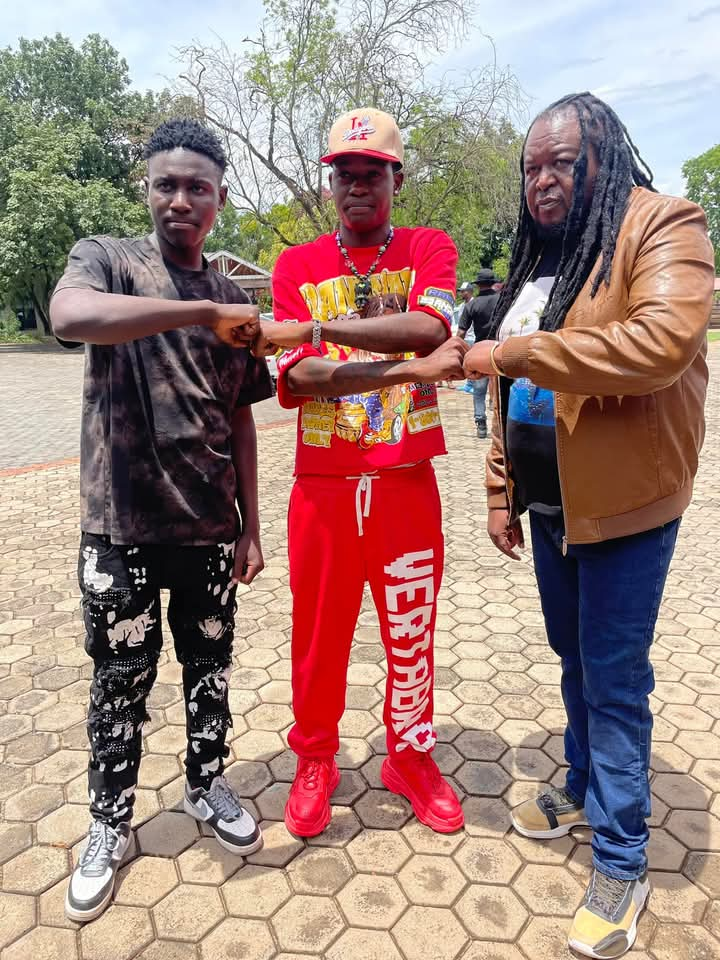
These aren't new reflections: Chin'ono shared the same sentiments back in 2022, and has shared other posts consistent with the overall futility of ZimDancehall. Nor are they unique to Hopewell: in fact, I am willing to bet that if you engage with ZimDancehall and do not share these sentiments yourself, then at the very least you know somebody who does.
In fact, this has been one point upon which I have disagreed with my good brother and mentor in the arts media space, who lamented and continues to lament that the lack of innovation in ZimDancehall will ultimately send it the "urban grooves" way. It's one of the rare points on which we vehemently disagree.
Now, to be clear, and because I recognize that contemporary Zimbabweans are prone to the "papa syndrome" and drama, I find it apropos to clarify one thing before I get cooking: there is nothing but the utmost respect for anybody whose opinions I will discuss in this piece. Beyond his journalistic excellence, Hopewell's love and commitment for Zimbabwe and its people (and thus, their overall advancement) can't be questioned. You can argue rhetoric, stances, and methods, but dang it, you can'y challenge the love.
Beyond that, Chin'ono knows Dancehall. And not our run-of-the-mill, "I used to be at Simmad clashes" knowledge of Dancehall, but profound, encyclopedic knowledge of genre and culture (and if you heard him on "Dem Loot", then you know that, with a bit more dedication to that life, he could have dropped one or two room-shakers.) I hold on similar regard other movers-and-shakers within the creative space and who share similar sentiments.
All this to say, any ideas contrary to theirs articulated here, and the use of their statements as representative anchors for the debate, should be taken only as constructive debate, not ad hominem slights. They, like I, seek to advance this culture in the tiny way we can - even if we may diverge on how that ought to be done.
So what are my qualms? Because I have spent the past few years defending dhanzi, and because this walk-up is already running longer than a museve song, we will interrogate the one pertinent claim here, and why the pundits are wrong. In a nutshell, the claim goes:
"ZimDancehall is Just a Ripoff of Jamaican/Caribbean Dancehall Music. Because it is this way, and has failed to evolve in the two decades of its named existence, it lacks any appeal beyond local borders (the supposed universal mark of success.)"
The main problem with this claim, however, is...it's not true. Even an untrained ear listening to contemporary ZimDancehall, at least among the more noteworthy names, and then listening to that coming out of Jamaica, would be able to sonically distinguish the two immediately: I'll get back to that.
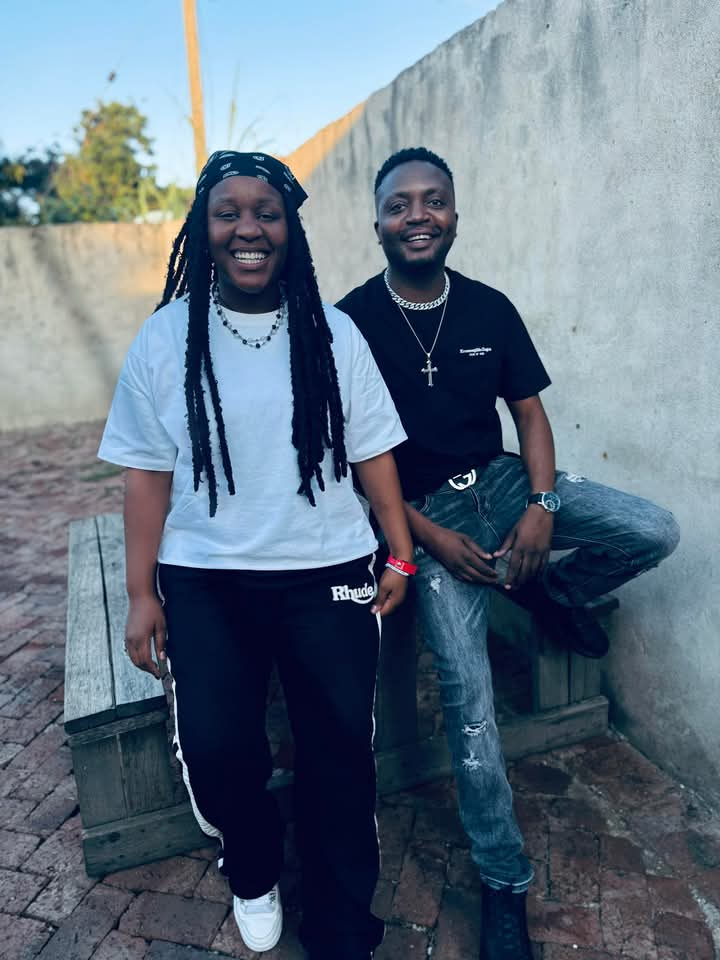
To be clear, there may have been a time (or times) when the Dancehall coming out of Zimbabwe was a beat-by-beat recreation of Caribbean Dancehall or, at the very least, a qualified attempt to break into that established market. It's why the elders in the game who had cemented their legacies by the tail-end of the 20th century, like Major E and Booker T, can ride riddims and chant along in perfect patois that you may think they've just emerged from Montego Bay. Absolute legends of the game.
Ironically, however, they are often held up as inimitable icons of the genre based on their proximity to the real thing compared to the current crop of artists: the same thing for which the latter group is oft lambasted. (It almost sounds like "sure, those guys got their style from Jamaica too, but they're okay: they're better at replicating the real thing than you lot!" I digress- this is a minor discrepancy.)
I remember in the early 2000s, a group named Three Wise Men (I believe) being a mainstay on the Power FM waves with a Shona recreation of Capleton and Cocoa Tea's "Nothing's Wrong with the World", complete with the recurrent refrain "chii chanetsa munyika yaBaba" substituted for "what is wrong with the world": all upon the same "redder fire" riddim (or a recreation thereof.) Indeed, even the era synonymous with the ZimDancehall explosion, the early 2000s, was dominated by riddim medleys that, sonically and ethically, were obvious apings of what was happening in Jamaica. (I remember, even, some controversy around videos that had been copied, shot-for-shot, from Caribbean songs!)
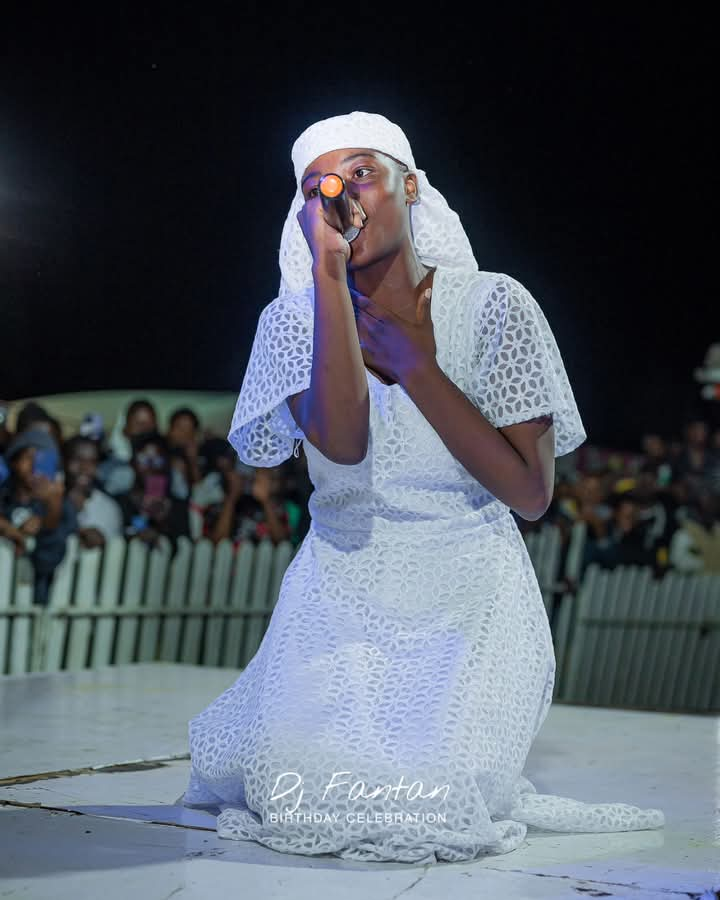
This, however, is to be expected in instances of cultural diffusion: the 'borrowed' culture is virtually the same at the point at which it is 'borrowed.' Think about divergent languages: at some point American English and...English English (?) were identical; Dutch and (what became) Afrikaans were the same. At inception Rugby, derived from football, mandated that you could only score by kicking the ball between the posts - like in football. And as time passed, they evolved to incorporate elements organic to the new spaces and cultures in which they now existed. The same goes for products, systems, and cultures.
But to say that, more than two decades into its existence as a named genre, and a decade after its explosion, the genre remains something foreign to its community in Zimbabwe, is either disingenuous or myopic. Indulge me here for a bit: when I say ZimDancehall Greats, who comes to mind? Winky D, of course, stands virtually peerless (at least in popularity.)

The late great Souljah Love, for sure. A Mount Rushmore may be rounded up by any two of Killer T, Freeman, or Seh Calaz, with the likes of Enzo Ishall, Nutty O, Shinsoman, Jah Signal etc rounding up a hypothetical top ten. Let's work with that sample group.
Now, to allow time for evolution in the early days, we can look at the music that has come from the genre in the past five or so years, and see how we feel about it being a knockoff of Jamaican Dancehall. While Hopewell fairly concedes that Winky D is one such artist who has evolved his style, he is far from the only one. Killer T's "Kana Ndanyura" was so dominant on the charts last year that it #1 on virtually every radio station's (and ZTV) charts bar Classic 263. I doubt if folks hearing that would immediately think "Aah, some Jamaican imitation." Freeman, who probably has the highest penchant for dabbling into Patois (together with Nutty O) has Baba Macheso on the track, and is near-innovating genres with records like "Wekwedu" and "Muridzo." Jah Signal has Senior Lecturer on one, and was in a high-profile copyright kerfuffle with the Baba and Mai Charamba, of all people! Even when he is in his most derivative Dancehall bag; you can't convince me that songs like "Chahwiriri" and "Chitsike" are Beenie Man ripoffs.
Other popular Zimbabwean Dancehall hits from recent times are Hello Mwari, Handikwerete, Handipere Power, Kutsamwa kune Labour etc...Let's not measure the snake with bark when it is right here: do these sound like cheap knockoffs of Caribbean music? Indeed, even the concluding thoughts about Patois. If true, that's an easy point to concede: nothing is cringier that forced accents and speech patterns. And that, of course, exists within pockets of ZimDancehall. But again, if we look at all the prominent artists, who is overwhelmingly speaking in Patois? I would be surprised if it came up that more than 10% of most Dancehall artists' lyrics and records.
Sure, we have the likes of Nutty O and Poptain who make a legitimate go for it, but even then, it's blended with typically a majority Shona - and such acts are in the minority in the mainstream.
The follow-up argument is predictable. "But Shingi, those songs and artists can't be described as ZimDancehall! They are so far removed from what it was and should, they can't possibly fit into that box anymore!" And I'm not being hypothethical here; a quick gander at the socials says so!
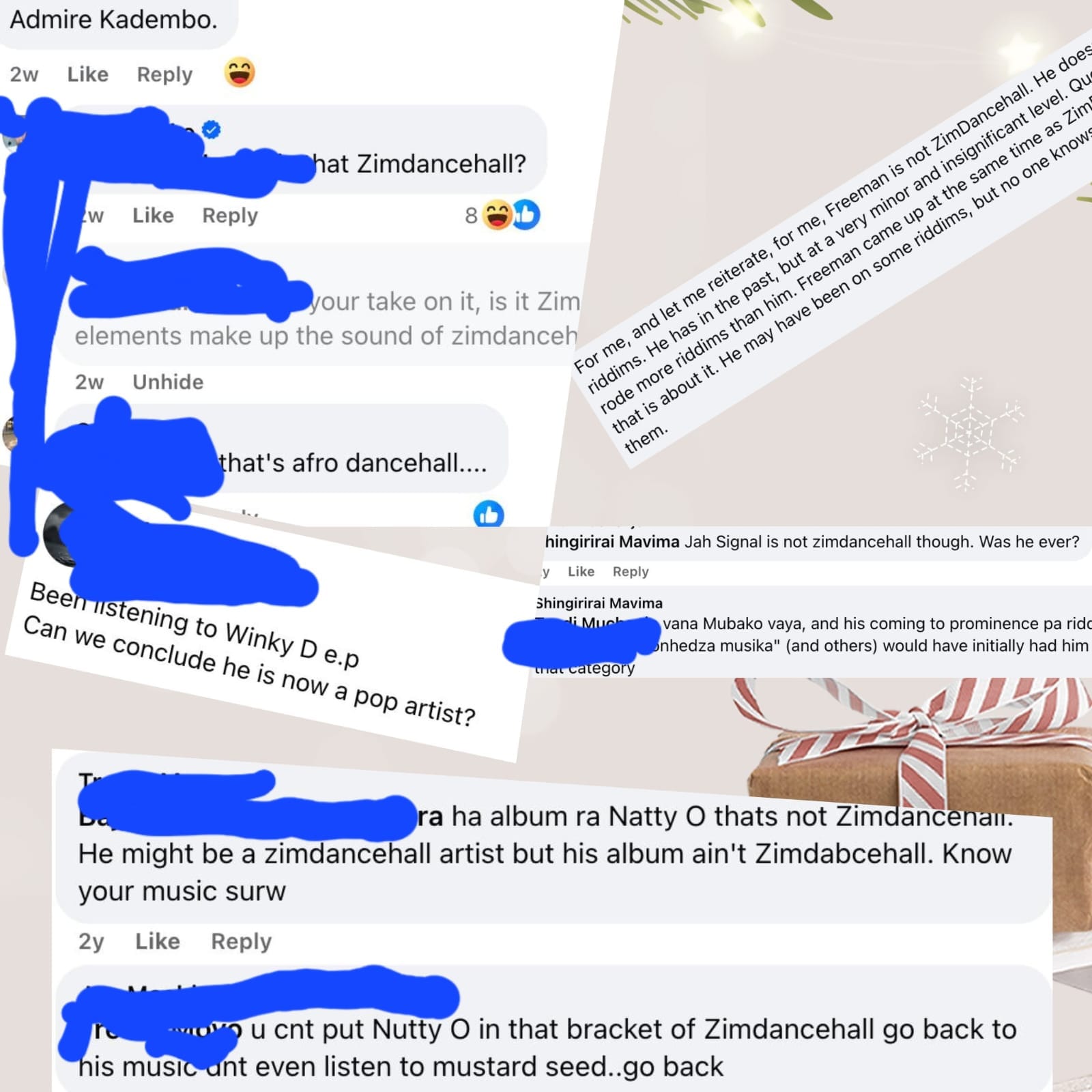
It is here that we find ourselves caught in this remarkable feedback loop, and it goes like this:
Critic: ZimDancehall is just copied and pasted Jamaican music! It needs to evolve if it is to retain any relevance going forward!
Artists: Okay. I've tweaked this and that, incorporated these sounds, switched up the language. Is that coo...
Critic: Arrgh! It's no longer ZimDancehall! We want ZimDancehall!
Artist: But I thought you said to evolve!
Critic: Well...no.
It is almost as if those who make that argument are so dedicated to proving the demise of the genre that they will shift the goalposts to make anybody from that culture who defies that idea appear to now be existing outside of it. Damned if you evolve; damned if you don't! (So ubiquitous has this sentiment been that it's been satirized expertly in this article!) The point is often proven everytime something ridiculous or vulgar happens within the genre, then many similar voices jump out and lament how uncouth the genre is.
For example, that "Pfira Dandy" fellow goes viral and becomes the embodiment of ZimDancehall being foolish, according to observers. Well, let me ask this: who remembers his name? What music has he put out? Did it chart? Do numbers on YouTube? But we want to make that the ZimDancehall posterchild, then turn around and look at the artists who've been in the genre for decades but have evolved their sound, and declare them to be outside the genre now. (It is also not lost on me that people will suggest that folks have graduated to Afro-Dancehall: which means the 'dancehall' part of the claim they have no issue with; it's the "Zim" that must go from that which we like. The name debate is another debate; I digress.)
Oh my, look how the time has flown! As I wrap up my thoughts, allow me to return to the "instances of cultural diffusion" point I made earlier. Therein, I referenced the age-old example of divergent languages and sport. "Why not just use music as your reference: snake/bark proverb style?" The global genre that is Reggaetón has its roots in 80s/90s Jamaican Dancehall, with Shabba Ranks's iconic Dembow (ironically, the same riddim on Hopewell's 'Dem Loot' freestyle) being so influential that early incarnations of the Spanish American were often cheekily called "dembow" as well. As the years passed, Reggaetón incorporated elements indigenous to Latin America, brought in some hip-hop vibes, and voila: four decades later, a genre stands separate, having birthed its own offspring along the way. J-Pop and (more emphatically) K-Pop have done even less to sonically innovate the Western genres they borrow from, focusing more on a distinctive aesthetic and linguistic culture to accompany their polished-sounds. Indeed, even the beautiful sounds of AmaPiano, referenced in the inciting post, are evolved from the Chicago/Detroit & European house music that flooded urban South African clubs in the 1990s, before being embraced and innovated by Mzansi DJs into Afrohouse, which would later spawn its own offshoots- Amapiano included.
None of the genres mentioned above are indigenous to these spaces in any way more significant than ZimDancehall is to Zimbabwe. Yet, using those particular countries as points of reference, we may be able to arrive upon a more accurate cause for ZimDancehall's seemingly waning fortunes (spoilers: it is not the supposed lack of originality or innovation.) If Chimurenga, Sungura(mentioned in the original post), mbira or other genres are more authentically Zimbabwean, and authenticity is what's lacking for ZimDancehall, then where are all the internationally acclaimed artists in those genres? I can hear some of you saying "Aaah, gotcha! Thomas Mapfumo! Dr. Tanyaradzwa! Mokoomba!" More power to those specific acts; they have earned their place within those echelons. But one act does not an internationally recognized genre make: if anything, they are the exceptions that prove the rule. Where is the avalanche of Zimbabwean movies and series of international renown? And as for literature; you would think we stopped publishing works in the 1980s, the paucity of new works that are catching local attention- let alone going international (with the obvious exception of Zimbabweans based and publishing abroad.)
The idea here is not to shame our creatives: quite the contrary. In fact, it is to point out something that I believe that Hopewell and I (as well as other well-intentioned pundits) may well agree on: the reason our creative productions- whether ZimDancehall or film- is a lack of political will. Make no mistake, in every single one of the countries where genres and art forms have gotten global notoriety, the government and other powers-that-be were very intentional in creating and curating platforms upon which the creatives could thrive. There is a reason why the rise of K Pop coincides with the popularity of Korean Dramas, Squid Game, Oscar-winning Parasite etc. In 1998, in the immediate aftermath of the Asian financial crisis, the South Korean ministry of culture & tourism created the "Cultural Industry Bureau"whose purpose was to promote Korean film, TV, music, and games. As such, they poured money into the development of music training, concert halls, K-Pop labels, and global outreach initiatives. There is a reason why Amapiano exists alongside global sensations like Blood & Water, and the seeming seamless integration of the likes of Tyla and Trevor Noah into Western pop culture spaces. There's a reason why Afrobeats explodes in the immediate aftermath of the Nollywood explosion. It also should not be lost that, for all the problems that theyhave, this reads like a list of countries that are really making a go at elevating their international repute (whether as members of BRICS, or some other version of the "up-next" nations.)
And you know what? Maybe ZimDancehall would never resonate beyond our borders. But at this point; it's not even making it far enough to be rejected - it is not even getting a fighting chance out there. Forget getting relegated; we are not even registering for the league: and we may never know how well we could have done until we do.

Comments ()